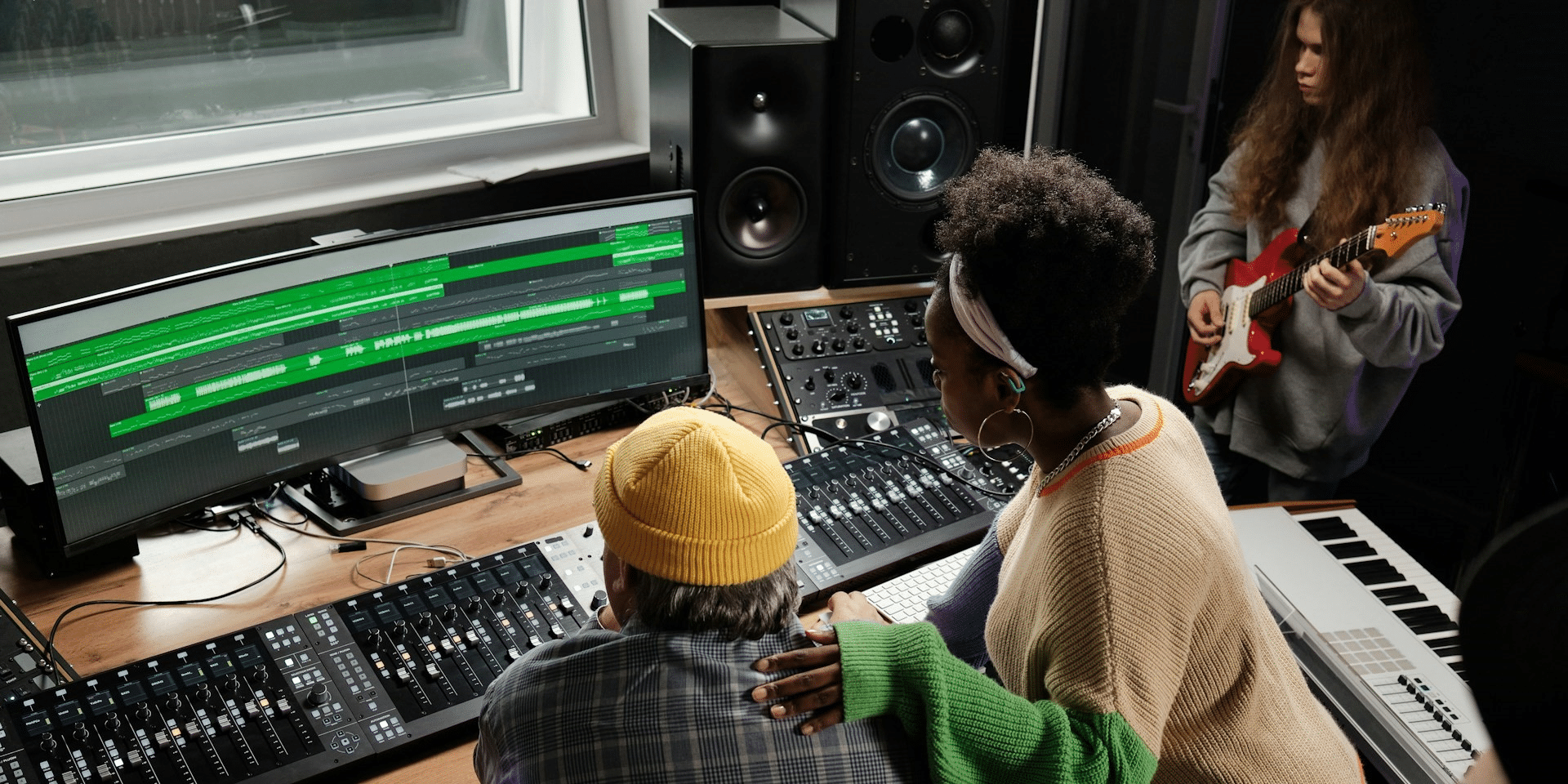In the vast landscape of music history, few technological advancements have had as profound an impact as the advent of radio. Since its inception, radio has played a pivotal role in shaping musical trends, connecting artists with audiences, and democratizing access to music across the globe. In this article, we explore the transformative influence of radio on the music industry, from its humble beginnings to its enduring legacy in the digital age.
The Birth of Radio and its Impact on Music
The invention of radio in the late 19th century marked a revolutionary shift in communication and entertainment. With the ability to transmit audio signals over long distances, radio provided a platform for musicians to reach listeners beyond the confines of live performances and physical recordings. As radio technology advanced and became more accessible to the general public, it quickly emerged as a dominant force in shaping musical tastes and preferences.
Radio’s Role in Promoting Musical Diversity
One of the most significant contributions of radio to the music industry was its ability to promote musical diversity and expose audiences to a wide range of genres and styles. From jazz and blues to rock and roll, radio stations provided a platform for marginalized artists and underrepresented genres to gain mainstream recognition. This democratization of music allowed for greater cultural exchange and appreciation of diverse musical traditions.
The Rise of Radio Personalities and DJs
As radio programming evolved, so too did the role of radio personalities and DJs in shaping musical trends. These influential figures curated playlists, introduced new artists, and provided insightful commentary on the latest developments in the music world. Through their charismatic personas and intimate connections with listeners, radio personalities became tastemakers and cultural icons, wielding significant influence over the success and popularity of artists and songs.
Radio’s Impact on Music Consumption and Distribution
The widespread adoption of radio as a primary source of music consumption revolutionized the way music was distributed and marketed to audiences. Record labels and artists recognized the power of radio airplay in driving record sales and chart success, leading to increased competition for coveted spots on radio playlists. Radio stations became gatekeepers of musical taste, with the ability to propel unknown artists to stardom and elevate established acts to new heights of fame.
Radio’s Enduring Legacy in the Digital Age
In the digital age, radio remains a vital and influential force in the music industry, albeit in a vastly different landscape. While traditional terrestrial radio continues to thrive, streaming services and online radio platforms have emerged as dominant players in music consumption. Yet, the fundamental principles of radio – discovery, curation, and community – persist in these new mediums, connecting listeners with artists and fostering a sense of shared musical experience.
A Lasting Mark
The impact of radio on the music industry cannot be overstated. From its humble beginnings as a novel technology to its enduring legacy in the digital age, radio has fundamentally transformed the way we discover, consume, and interact with music. By promoting musical diversity, empowering artists, and shaping cultural trends, radio has left an indelible mark on the evolution of music, cementing its status as one of the most influential mediums in human history.














